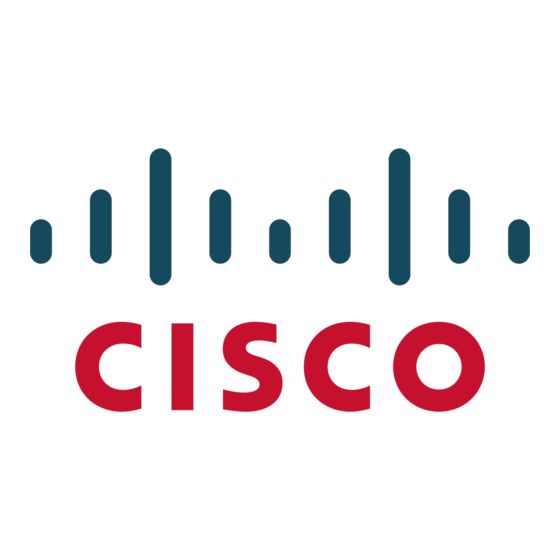Cisco Quick Set C20 Instrukcja rozwiązywania problemów - Strona 22
Przeglądaj online lub pobierz pdf Instrukcja rozwiązywania problemów dla System konferencyjny Cisco Quick Set C20. Cisco Quick Set C20 37 stron. Tc7.3, english, december 2015
Również dla Cisco Quick Set C20: Podręcznik dla początkujących (41 strony), Podręcznik użytkownika (44 strony), Podręcznik dla początkujących (42 strony), Podręcznik dla początkujących (35 strony), Skrócona instrukcja obsługi (2 strony), Skrócona instrukcja obsługi (2 strony), Podręcznik użytkownika (25 strony), Arkusz instalacyjny (2 strony), Skrócona instrukcja obsługi (2 strony), Skrócona instrukcja obsługi (2 strony), Podręcznik dla początkujących (32 strony), Podręcznik użytkownika (48 strony), Podręcznik dla początkujących (42 strony), Podręcznik dla początkujących (46 strony)

